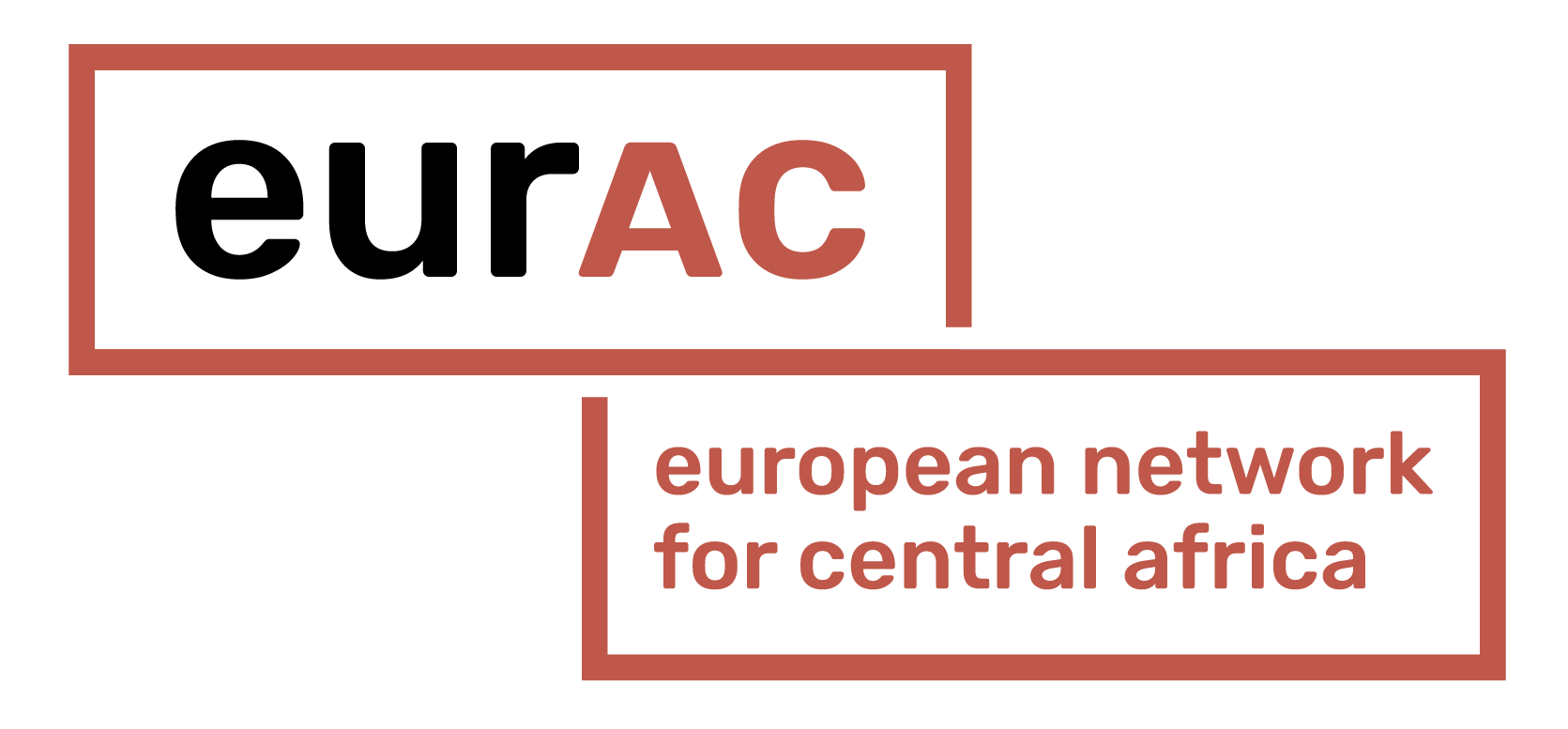Unrest, arrests and killings in DR Congo: Stop EU support for Congolese police
Brussels, 22 December 2016 - After days of political turmoil in the Democratic Republic of Congo (DRC), the European Union (EU) must take stronger and more concrete action by stopping its financial support for the police sector, the European network for Central Africa (EurAc) and World Organisation Against Torture (OMCT) declared today.
The violent and deadly current turmoil in the DRC is no surprise to observers. In the last months and weeks, EurAc and OMCT have issued repeated warnings about the risk of seeing the pre-electoral situation deteriorate into a further escalation of violence and repression. Despite recent significant efforts of the EU to apply sanctions against seven top security officials, the current situation in Kinshasa and in other main cities of the country is extremely worrying: according to various reliable sources, security forces have shot dead at least 34 protesters since Monday 19 December. Since last week, the United Nations has documented “113 arrests in the country, including opposition leaders and sympathizers, civil society activists and human rights defenders, media professionals and other individuals”. Youth and pro-democracy movement activists from Lucha were arrested in Goma on 21 December and access to social media, such as Twitter, WhatsApp and Facebook, is still largely down after being cut last Sunday.
The undersigned organisations acknowledge that a few EU Member States reacted publicly to the recent developments, denouncing the violence and expressing their deep concern. For instance, France is considering now the possibility for the EU to apply additional sanctions against the DRC. Germany declared that it has canceled further development aid talks “until further notice”.
Following these recent declarations, we call on the EU to increase the pressure on the Congolese regime in order for the violent repression to stop and for a political compromise to be found. We therefore urge EU leaders to:
- Extend targeted sanctions against the main police and intelligence officials and against the Justice and Communication and Medias ministers
After days of renewed violence and abuse, we urge the EU to extend the individual sanctions to other senior officials responsible for organising the repression, namely the head of National Congolese Police (Police Nationale Congolaise - PNC) Charles Bisengimana, the head of the intelligence services (Agence Nationale de Renseignements - ANR) Kalev Mutond, as well as the Justice Minister Alexis Thambwe-Mwamba and Communications and Medias Minister Lambert Mende. The latter is responsible for the blocking and jamming of the signals of national and international radio stations and the blocking of social media;
- Stop EU financial support for Congolese police
Our organisations deem it irresponsible for the EU co-operation to continue funding the Congolese police. Due to the clear and reliable evidence of political repression and human rights violations involving Congolese security service agents (ANR, PNC, Presidential Guard), we urge the EU to immediately stop its financial support through the Support Programme for Reform of the Police in the DRC (Programmes d’Appui à la Réforme de la Police en RDC - PARP), funded as part of the 11th European Development Fund (EDF).
Without rapid, significant and satisfactory progress on the political stalemate and the human rights situation, we call on the EU to immediately trigger the mechanisms for enhanced political dialogue provided for in the Cotonou Agreement (enhanced Article 8 and consultations under Article 96), with the possibility of a suspension of all aid programmes, except for humanitarian and emergency actions in direct support of the population or support to political transition and a way out of the crisis;
- Provide greater support and protection for civil society and human rights defenders
Civil society organizations and youth movements such as Lutte pour le Changement (Lucha), Filimbi and many other movements play a crucial and key role in DRC, working towards the defense and promotion of human rights and democracy and for the rule of law, representing the pillar of pluralistic society, often risking their lives. Supporting and protecting these critical voices should be a priority for the EU today. Therefore, we call on the EU, also through the EU Delegation, to publicly condemn the violations occurring in DRC and work more closely with Congolese civil society publicly supporting its legitimate human rights work, in accordance with the EU Human Rights Defenders Guidelines. Moreover, we urge the EU to provide enhanced flexible and direct financial support as well as the possibility of issuing emergency visas to those human rights defenders and organisations at risk in order to help guarantee in all circumstances their physical and psychological integrity;
- Encourage the UN peacekeeping mission in Congo (MONUSCO) to comply with its obligations
The EU must encourage MONUSCO to comply with its obligations enshrined in the UN Security Council Resolution 2277, especially Article 29 (b), to ensure and contribute as a priority to the “stabilization […] through support to the creation of an environment conducive to peaceful, credible and timely elections reducing the risk of instability, including open political space, and promotion and protection of human rights” and Article 36 I (a) to “ensure, within its area of operations, effective protection of civilians under threat of physical violence, including by deterring, preventing and stopping armed groups from inflicting violence on the populations, paying particular attention to (…) human rights defenders, with a focus on violence emerging (…) in the context of elections”.
For media inquiry and/or more information please contact:
In Brussels - For EurAc, Julie Capoulade (English, French, Spanish), julie.capoulade@eurac-network.org; Tel: +32 2 725 47 70 / +32 499 81 01 77
In Brussels - For the World Organisation Against Torture (OMCT), Chiara Cosentino (English, Spanish, French), cc@omct.org ; Tel: +32 2 218 37 19 / +41 22 809 49 3

